best travel books of the century- part 4
Discover the best travel books of the century in Part 4 of our curated list. Explore inspiring journeys, hidden gems, and epic adventures through these must-read travel narratives.

Book
A Walk in the Woods
by Bill Bryson
NEW YORK TIMES BESTSELLER • The classic chronicle of a “terribly misguided and terribly funny” (The Washington Post) hike of the Appalachian Trail, from the author of A Short History of Nearly Everything and The Body “The best way of escaping into nature.”—The New York Times Back in America after twenty years in Britain, Bill Bryson decided to reacquaint himself with his native country by walking the 2,100-mile Appalachian Trail, which stretches from Georgia to Maine. The AT offers an astonishing landscape of silent forests and sparkling lakes—and to a writer with the comic genius of Bill Bryson, it also provides endless opportunities to witness the majestic silliness of his fellow human beings. For a start there’s the gloriously out-of-shape Stephen Katz, a buddy from Iowa along for the walk. But A Walk in the Woods is more than just a laugh-out-loud hike. Bryson’s acute eye is a wise witness to this beautiful but fragile trail, and as he tells its fascinating history, he makes a moving plea for the conservation of America’s last great wilderness. An adventure, a comedy, and a celebration, A Walk in the Woods is a modern classic of travel literature. NOW A MAJOR MOTION PICTURE
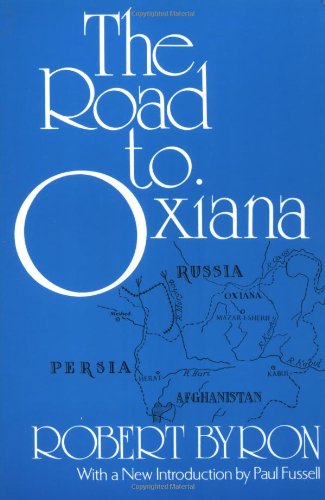


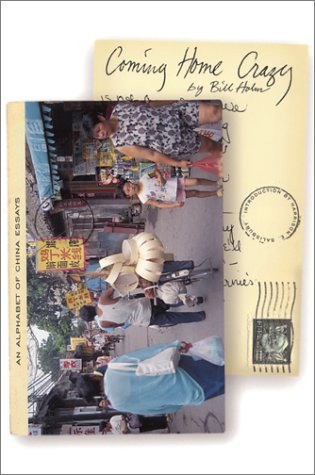
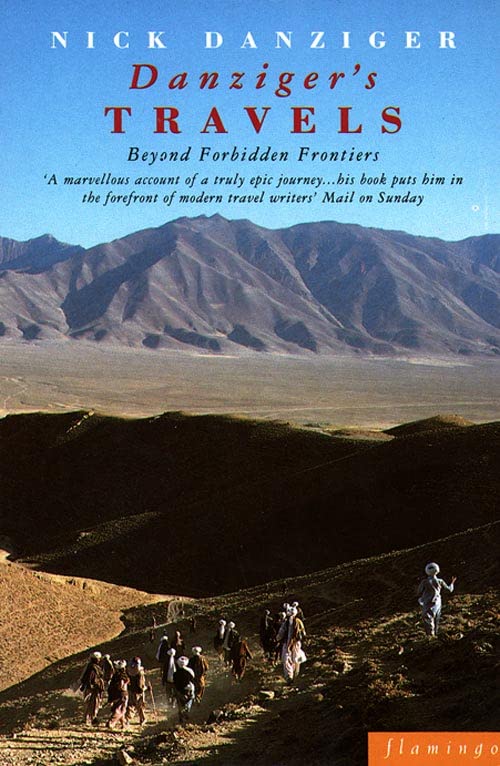
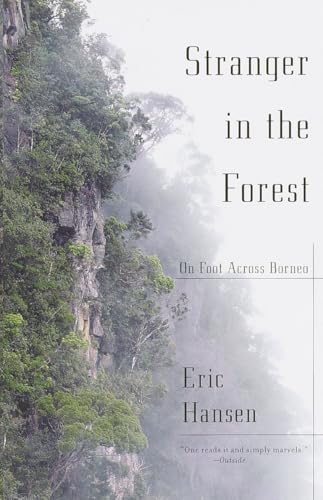
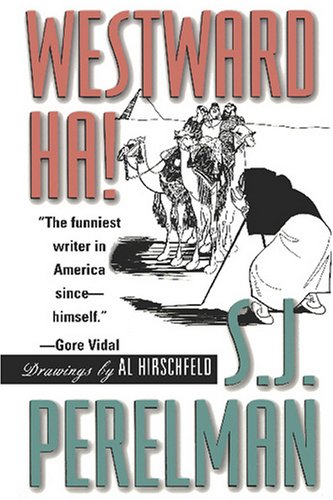


Book
The Alexandria Quartet Boxed Set
by Lawrence Durrell
Includes Justine, Balthazar, Mountolive, and Clea. "People are always saying--inaccurately--that something or another is like a dream, but Durrell's Alexandria is actually like the landscape of a dream. A hot, dry city, surrounded by desert, raked by winds and by contradictions. A relentless yet voluptuous city, beautiful and squalid, overcivilized and primitive"--Anatole Broyard, Times [London]
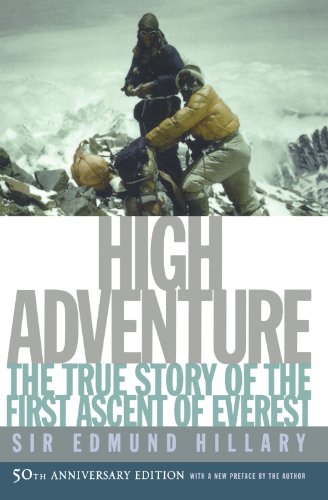
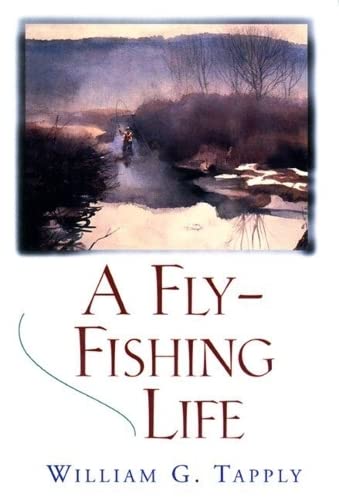
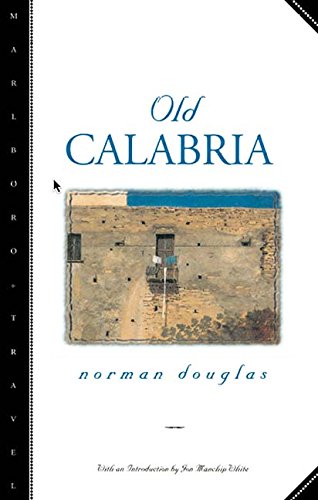

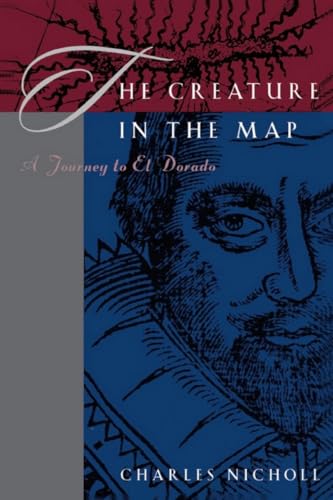

Book
The River at the Center of the World
by Simon Winchester
Chronicle of the author's adventures following the often difficult course of the Yangtze River in China, providing a portrait of the vast country, its history, politics, geography, climate, and culture.
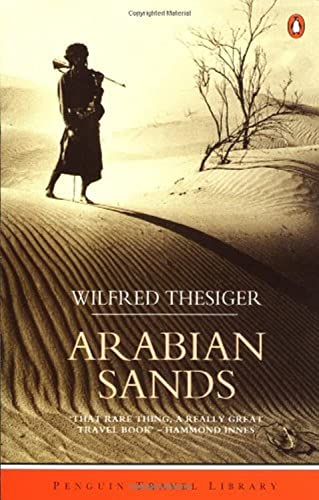
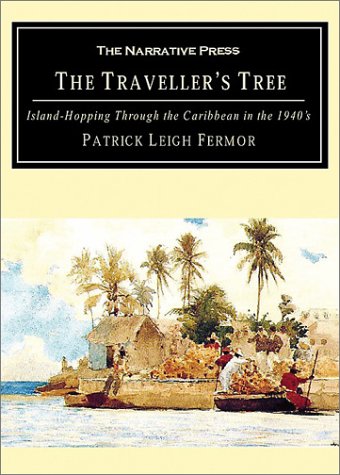

Book
Into the Heart of Borneo
by Redmond O'Hanlon
The story of a 1983 journey to the center of Borneo, which no expedition had attempted since 1926. O'Hanlon, accompanied by friend and poet James Fenton and three native guides brings wit and humor to a dangerous journey.
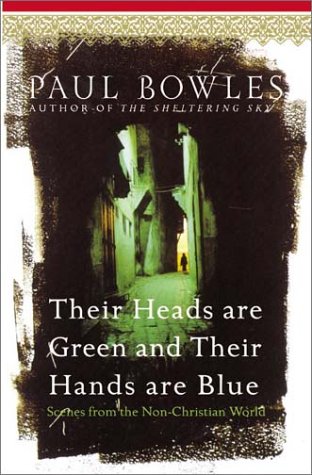
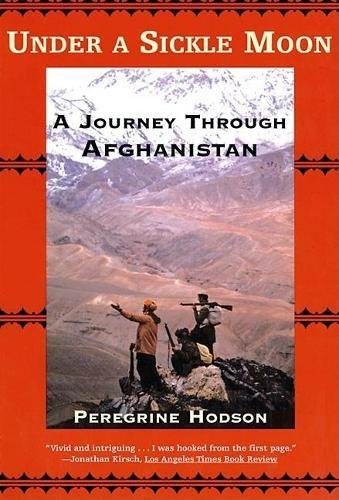
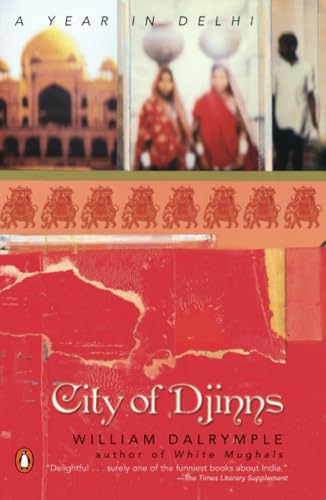
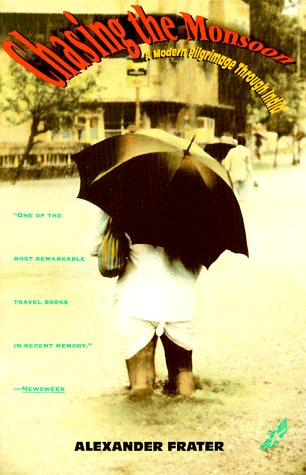

Book
Into Thin Air
by Jon Krakauer
#1 NATIONAL BESTSELLER • The epic account of the storm on the summit of Mt. Everest that claimed five lives and left countless more—including Krakauer's—in guilt-ridden disarray. "A harrowing tale of the perils of high-altitude climbing, a story of bad luck and worse judgment and of heartbreaking heroism." —PEOPLE A bank of clouds was assembling on the not-so-distant horizon, but journalist-mountaineer Jon Krakauer, standing on the summit of Mt. Everest, saw nothing that "suggested that a murderous storm was bearing down." He was wrong. By writing Into Thin Air, Krakauer may have hoped to exorcise some of his own demons and lay to rest some of the painful questions that still surround the event. He takes great pains to provide a balanced picture of the people and events he witnessed and gives due credit to the tireless and dedicated Sherpas. He also avoids blasting easy targets such as Sandy Pittman, the wealthy socialite who brought an espresso maker along on the expedition. Krakauer's highly personal inquiry into the catastrophe provides a great deal of insight into what went wrong. But for Krakauer himself, further interviews and investigations only lead him to the conclusion that his perceived failures were directly responsible for a fellow climber's death. Clearly, Krakauer remains haunted by the disaster, and although he relates a number of incidents in which he acted selflessly and even heroically, he seems unable to view those instances objectively. In the end, despite his evenhanded and even generous assessment of others' actions, he reserves a full measure of vitriol for himself. This updated trade paperback edition of Into Thin Air includes an extensive new postscript that sheds fascinating light on the acrimonious debate that flared between Krakauer and Everest guide Anatoli Boukreev in the wake of the tragedy. "I have no doubt that Boukreev's intentions were good on summit day," writes Krakauer in the postscript, dated August 1999. "What disturbs me, though, was Boukreev's refusal to acknowledge the possibility that he made even a single poor decision. Never did he indicate that perhaps it wasn't the best choice to climb without gas or go down ahead of his clients." As usual, Krakauer supports his points with dogged research and a good dose of humility. But rather than continue the heated discourse that has raged since Into Thin Air's denouncement of guide Boukreev, Krakauer's tone is conciliatory; he points most of his criticism at G. Weston De Walt, who coauthored The Climb, Boukreev's version of events. And in a touching conclusion, Krakauer recounts his last conversation with the late Boukreev, in which the two weathered climbers agreed to disagree about certain points. Krakauer had great hopes to patch things up with Boukreev, but the Russian later died in an avalanche on another Himalayan peak, Annapurna I. In 1999, Krakauer received an Academy Award in Literature from the American Academy of Arts and Letters--a prestigious prize intended "to honor writers of exceptional accomplishment." According to the Academy's citation, "Krakauer combines the tenacity and courage of the finest tradition of investigative journalism with the stylish subtlety and profound insight of the born writer. His account of an ascent of Mount Everest has led to a general reevaluation of climbing and of the commercialization of what was once a romantic, solitary sport; while his account of the life and death of Christopher McCandless, who died of starvation after challenging the Alaskan wilderness, delves even more deeply and disturbingly into the fascination of nature and the devastating effects of its lure on a young and curious mind."